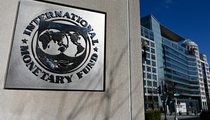From renewable sources to fossil fuels in Europe: How is Albania positioned?!

The European Union is no longer producing electricity the way it did two decades ago. Nuclear-powered generation shrank to 23% of the EU's energy mix last year, from 32% in 2000, while coal-fired generation fell to 12% from 30% over the same period.
While the electricity mix varies significantly between EU member states, renewable energy has grown steadily in almost all of them over the past two decades.
The main source of electricity production in any country
Share in percentage - 2023
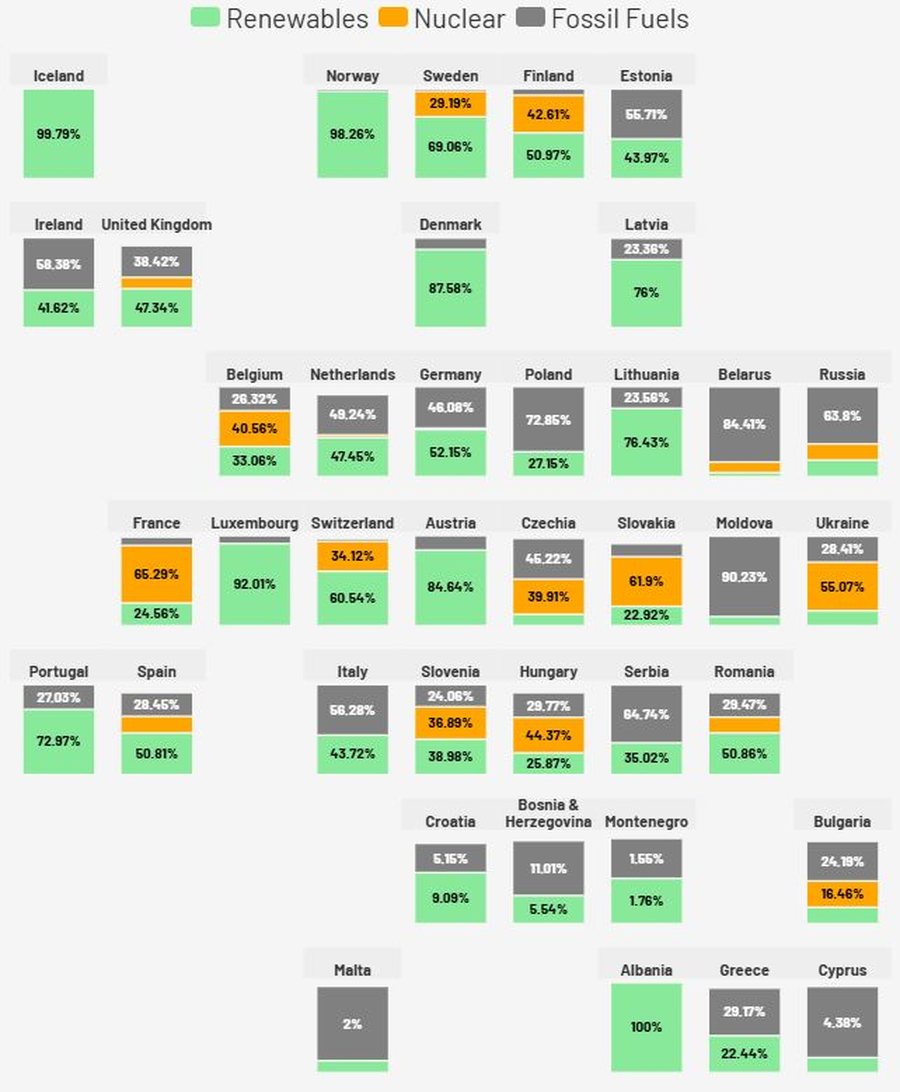
Despite the gradual decline in its share since 2000, nuclear power remains a vital contributor to EU electricity generation. It is the largest contributor to electricity production in countries such as France, Belgium, Hungary, Bulgaria and Slovakia.
As can be seen from the table above, Albania is positioned among the countries with full production of energy from renewable sources with a quota of 100%. In 2023, renewables account for the largest share of electricity production in the EU at 35%, followed by fossil fuels at 32% and nuclear power at 23%.
The share of renewables in EU electricity production has more than doubled since 2004, reflecting the bloc's commitment to achieve climate neutrality by 2050. Despite Europe's climate commitments, some countries, including Italy, Germany and Great Britain, continue to rely heavily on gas power for electricity generation.
Earlier this year, Germany announced plans to build new hydrogen-ready gas-fired power plants to help phase out coal by 2030, a decision that drew criticism from some organizations concerned about its environmental implications.
However, the plan was abandoned due to a lack of political support after the coalition government fell, leaving the proposal unvoted in parliament, a ministry spokesman confirmed to German news agency DPA.
Germany shut down its last three nuclear reactors in April 2023, marking the end of nuclear power generation in the country. In 2000, nuclear power plants accounted for 30% of the country's electricity production.
Wholesale electricity prices across Europe remain higher than pre-war levels in Ukraine, although they have fallen sharply from their peak in 2022 when the conflict disrupted global energy markets.
In November, prices reached their highest in recent months, reflecting continued market volatility. Some of the current problems we are seeing now are the result of the lack of network, lack of flexibility and lack of storage in the system.

French government bonds under pressure after Moody's downgrade!
French debt is again troubling investors, according to a widening interest rate spread between France's 10-year bond and eurozone benchmark Germany. France's......
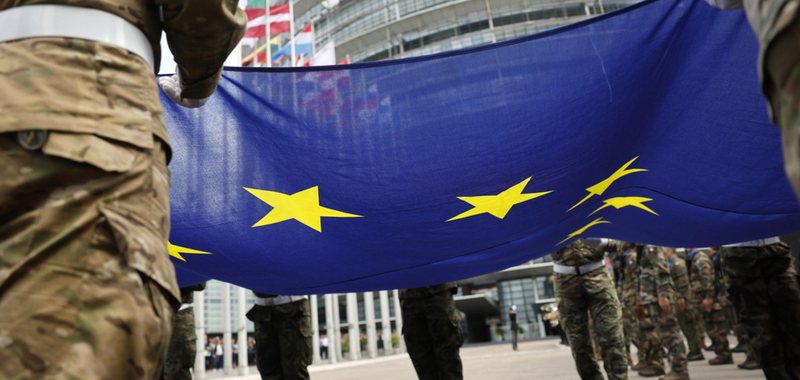
BE nënshkruan kontratat e konstelacioneve satelitore në 'ndërrimin e paradigmës' për mbrojtjen
Bashkimi Europian vazhdoi të hënën me planin e tij për të nisur një plejadë satelitësh shumë-orbitale për të rritur sistemet e tij të sigurta të......

European stock markets remain under pressure after disappointing Chinese figures!
After ending last week on a negative note, European stock markets are expected to remain under pressure following disappointing Chinese retail sales figures......
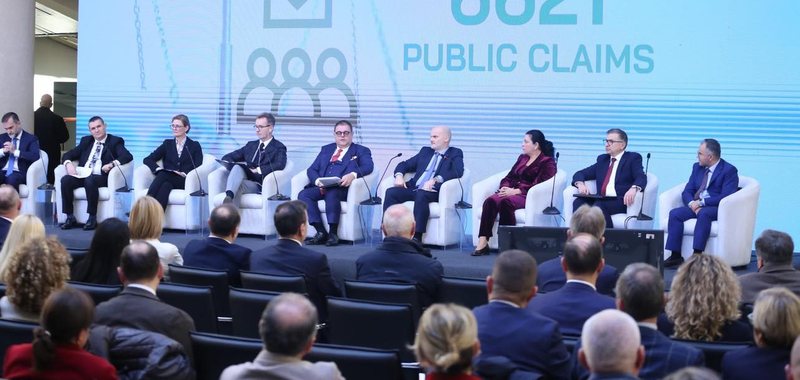
KPK dhe IKP organizojnë konferencën përmbyllëse të vettingut, Ilia: 89% e vendimmarrjeve të KPK mbetën në fuqi!
Komisioni i Pavarur i Kualifikimit (KPK) dhe Institucioni i Komisionerëve Publikë bashkë organizuan konferencën “7 vite rivlerësim kalimtar i gjyqtarëve edhe......

Developing Countries Face Record Debt - US$29 Trillion Debt Raises Investment Challenges In These Countries
Developing countries, aware of a tumultuous 2025 ahead, must contend with rising interest payments on $29 trillion of debt that was created over the past......
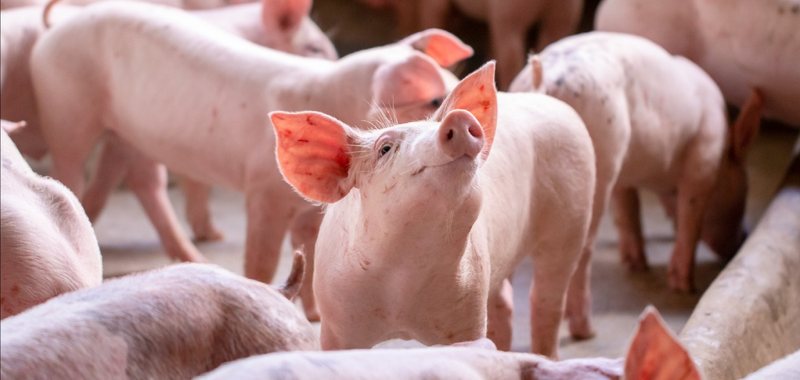
Murtaja afrikane të derrave – MBZGR: Nuk ka patur asnjë rast të ri të shfaqjes së sëmundjes!
Ministria e Bujqësisë dhe e Zhvillimit Rural në kuadër të programit të transparencës dhe komunikimit me publikun njofton se prej datës 25.11.2024, nuk ka......

Where can Albanians invest their savings? - Ramadani: In addition to deposits, they withdraw from low-risk investment funds
Albanians always tend to invest their money only in deposits, at a time when banks or insurance companies offer many other alternatives for investing their......

"Fast payment system, implementation starts within 2 years" - Sejko: Modernization, important in the fight against informality
The year 2024 has been a successful year in terms of the banking system and the economic growth of the country as a whole. Inflation has been kept below the......








